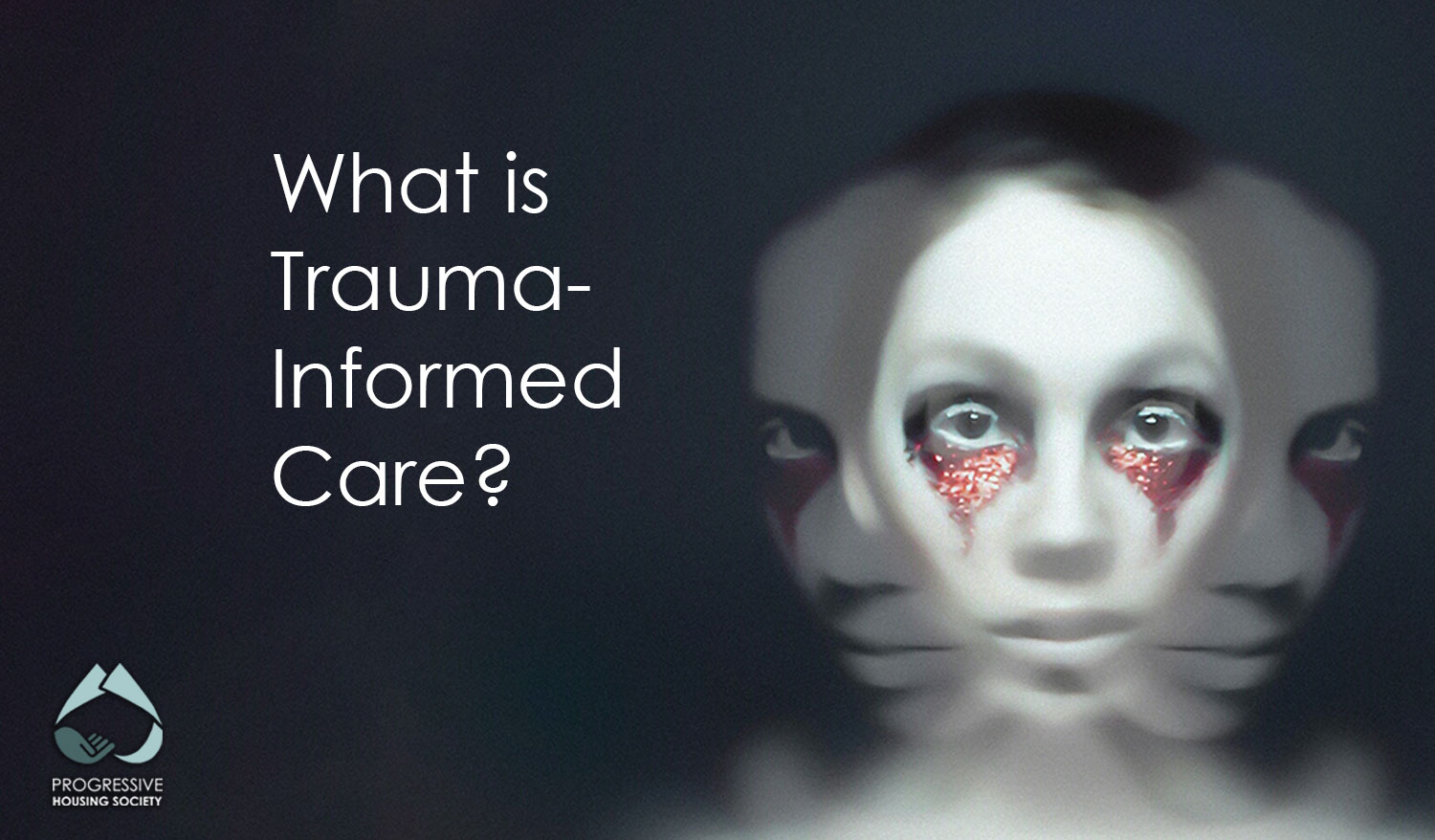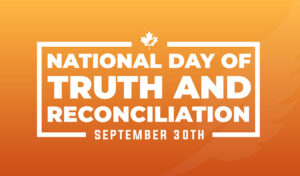What is Trauma-Informed Care?
-
by
 PHS
PHS
Experiencing trauma can change how someone sees the world. The longer the trauma or abuse continues, the more it changes their perceptions. It ends up changing how they relate to the world and becomes the lens in which a person sees all of their interactions. Trauma-informed care can be critical in helping those impacted by trauma find safe space to process and heal from those experiences.
What is Trauma-Informed Care?
Trauma-informed care is an approach to client care that uses a framework of thinking and interventions directed by a solid understanding of the biological, psychological, neurological, and social impacts of trauma. The approach means understanding, anticipating, and responding to the expectations, special needs, and issues that someone who has been victimized may have. It’s important to distinguish that trauma-informed care doesn’t assume that everyone has been victimized but rather acknowledges that challenges that clients experience may stem from traumatic experiences.
A service provider who practices trauma-informed care is concerned with what happened to someone and not with what’s wrong with them. They understand that those affected by trauma developed some coping strategies that, while may be negatively impacting the client now, is what helped that client survive the traumatic event.
Being trauma-informed is an ongoing process and continues to change as we learn more about the effects and impacts of trauma. Organizations may also be in different stages of transforming into a trauma-informed service. Staff may be trauma aware and understand the effects and how clients may have adapted. The service environment may only be trauma sensitive where they operationalize some of the concepts of an informed approach. An individual or organization can also be trauma responsive where they recognize and work to strengthen protective factors and resilience.
How Important is Trauma-Informed Care?
Trauma is significantly more common than most people guess. An estimated 75% of Canadians report experiencing a traumatic event in their lifetime with an estimated 8% of them developing Post Traumatic Stress Disorder (PTSD). Trauma can come in many forms and everyone experiences this differently. Cases can be further complicated by multiple and different types of traumatic events.
Acknowledging past suffering and how it uniquely impacts each person is a key piece in meeting people where they are at. When we are able to meet people on their own terms, we learn more about the struggles they face and can begin to build spaces where people feel safe to address those struggles. That sense of safety and security is not only important in trust building but absolutely critical in order for people to heal.
Changing the Way We Approach Mental Health
We are still learning a lot about mental health and the best way to help those who are struggling. Trauma-informed care is proving to be a strong approach that is helping to reduce stigma as well as help people connect with service providers who can help. Progressive Housing Society works with clients who face many of these struggles. We try strive to take the the trauma-informed approach in all of our work. We are always looking for enthusiastic volunteers and staff that understand the importance of a person-centered approach. Consider joining our team today!
References
Blue Knot Foundation. (2020). Trauma-Informed Care and Practice. Retrieved from Blue Knot Foundation: https://www.blueknot.org.au/Workers-Practitioners/For-Health-Professionals/Resources-for-Health-Professionals/Trauma-Informed-Care-and-practice
Canadian Psychological Association. (2019). Traumatic Stress Section: Facts About Traumatic Stress and PTSD. Retrieved from Canadian Psychological Association: https://cpa.ca/sections/traumaticstress/simplefacts/
CBC. (2017). PTSD: Canada has the highest rate, plus either more surprising facts. Retrieved from CBC: https://www.cbc.ca/natureofthings/features/ptsd-canada-has-the-highest-rate-and-other-surprising-things
CPI. (2017). Trauma-Informed Care Resources Guide. Retrieved from Crisis Prevention: https://www.crisisprevention.com/CPI/media/Media/download/PDF_TICRG.pdf
Evans, W. G. (2010). What Does it Mean to be a Trauma-Informed Clinician? Retrieved from Homeless Hub: https://www.homelesshub.ca/resource/what-does-it-mean-be-trauma-informed-clinician
Szczygiel, P. (2018). On the value and meaning of trauma-informed practice: Honoring safety, complexity, and relationships. Smith College Studies in Social Work 88:2 , 115-134.
Tello, M. (2018). Trauma-infomred care: What is it, and Why it’s important. Retrieved from Harvard Health Publishing : https://www.health.harvard.edu/blog/trauma-informed-care-what-it-is-and-why-its-important-2018101613562



